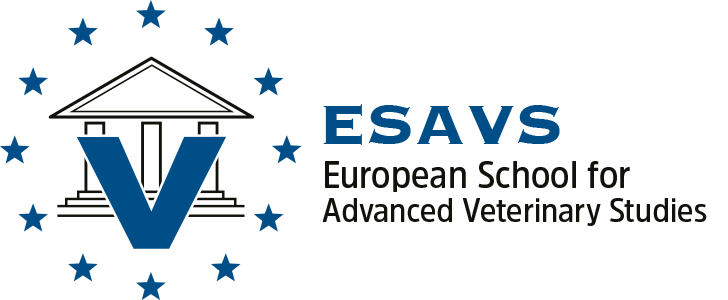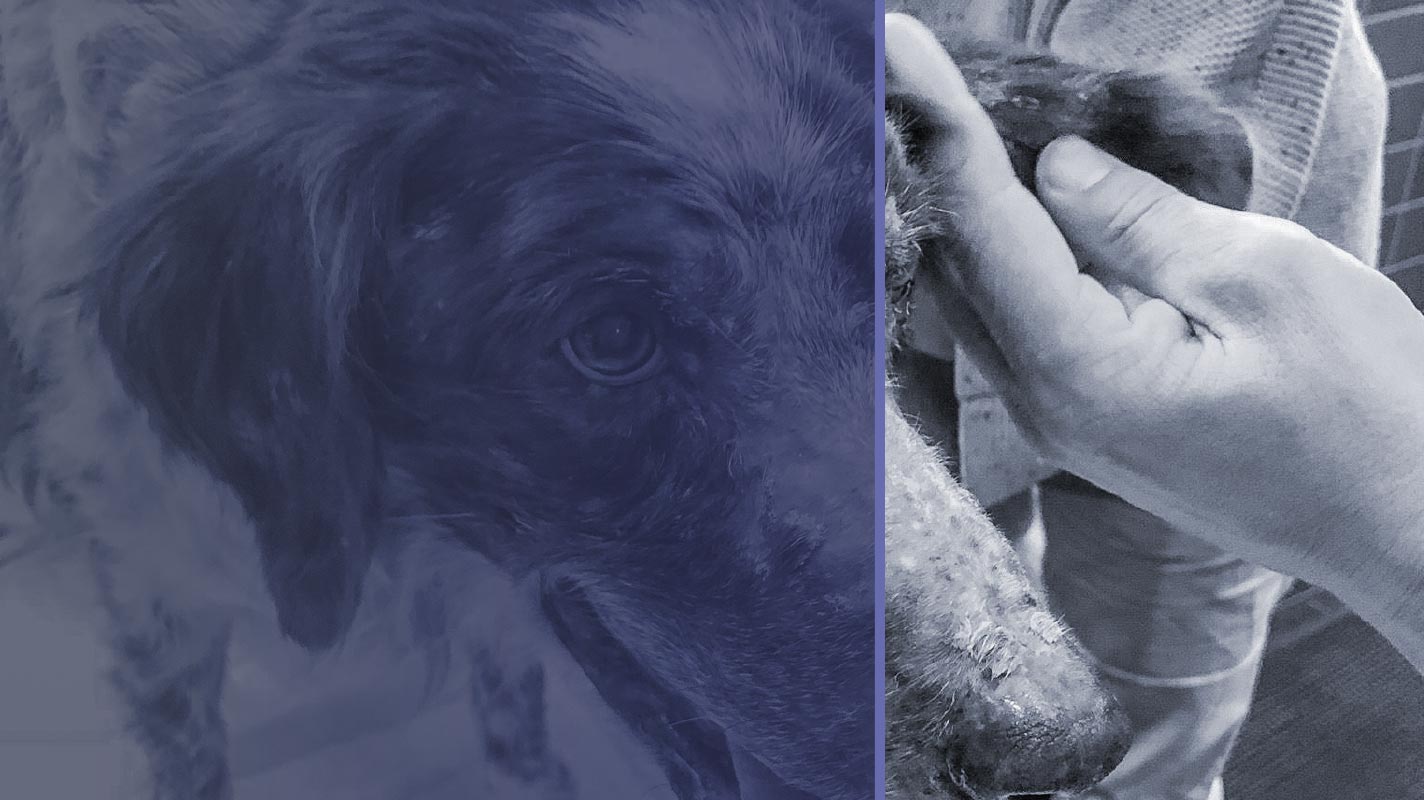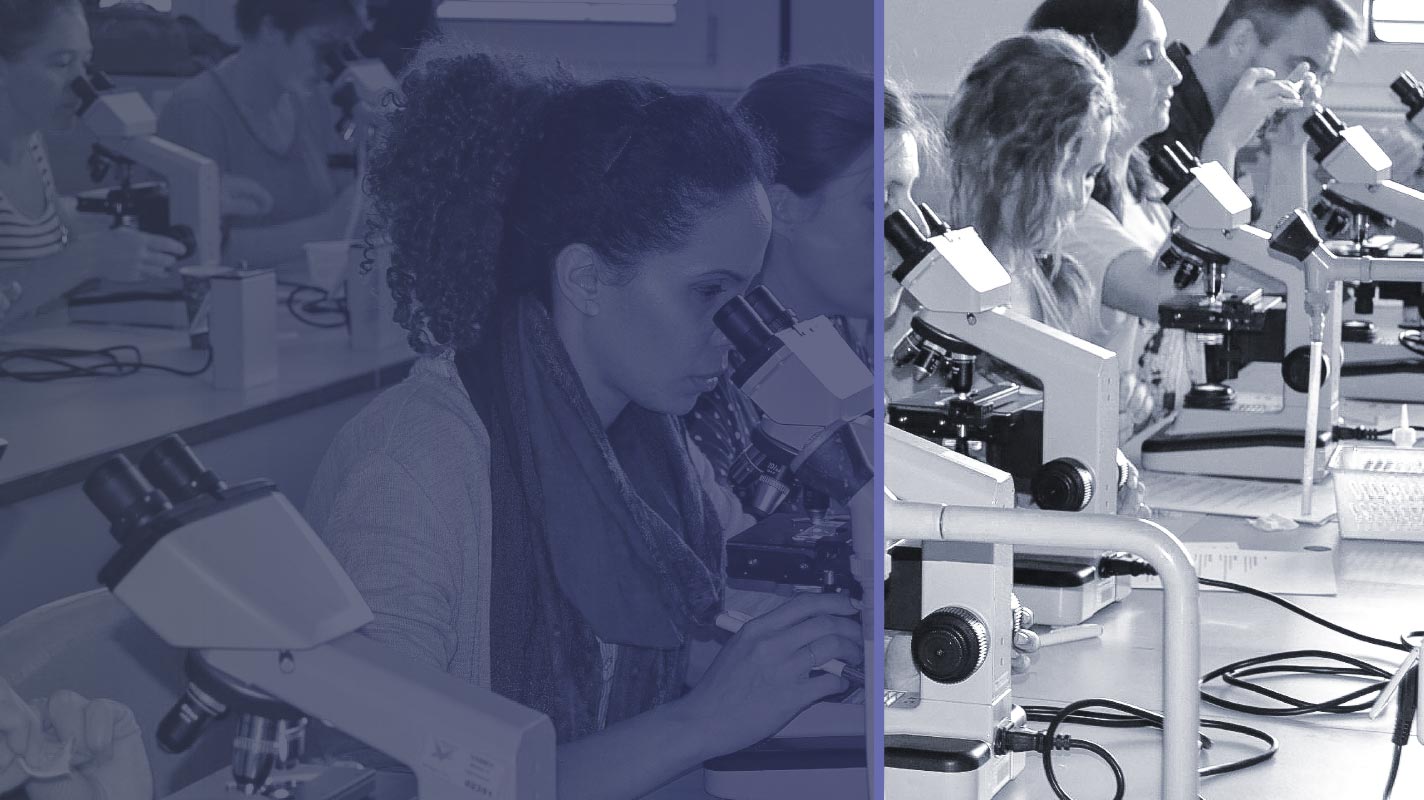Dermatology I
Program Director:
Principal Course Master(s):
Course Overview
In this first introductory course, the basic principles of dermatology are reviewed. First, the biology of the skin, with special attention to the mechanisms of innate and acquired skin immunity and to the skin microbiome. Second, the approach to the dermatological patient and how the diagnosis is made: the problem-oriented approach (POA), the decision-making process, the adequate use of diagnostic tests and the dual-processing model. Among the diagnostic tests, special attention is given to cutaneous histopathology, considered the most powerful diagnostic tool. Furthermore, the students will learn how to design effective treatment plans under the paradigm of evidence-based medicine and the principles of conservative prescription.
In the second part of the course the main bacterial diseases of the skin will be reviewed. From common diseases as superficial bacterial folliculitis to severe and uncommon conditions as necrotizing fasciitis. The adequate use of diagnostic techniques (cultures, molecular techniques) and the therapy for skin infections, including those caused by multi-resistant organisms will be discussed.
Learning outcomes
At the end of the course, participants will be able to:
- Understand skin structure and function (and how different components of the skin are involved in the pathogenesis of different skin diseases).
- Approach a dermatologic patient following the POA (history, clinical and dermatologic examination, definition of the problem(s), elaboration of an adequate differential diagnosis list).
- Perform and interpret basic diagnostic techniques (skin scrapings, cutaneous cytologies, skin cultures, skin biopsies).
- Diagnose and treat the most common bacterial skin diseases of the dog and cat.
Main topics:
Skin biology. Mechanisms of cutaneous immunity. Skin microbiome.
The approach to the dermatologic patient. History, lesion description, problem definition and use of diagnostic techniques (cytology, histopathology, molecular techniques). How a diagnosis is made (dual processing theory).
Bacterial skin infections. Bacterial folliculitis-other superficial pyodermas.
Folliculitis-furunculosis (generalized, post-grooming, German shepherd).
Other deep bacterial infections: botryomycosis, actinomycosis, nocardiosis.
Mycobacterial infections: feline leprosy, panniculitis caused by rapidly growing mycobacteria, canine leproid granuloma syndrome. Necrotizing fasciitis.
Special focus:
Understanding bacterial resistance and the MRS issue.
Wetlabs:
Principles of cutaneous cytology.
How to obtain useful skin biopsies.
Basic histology of the skin.
Journal clubs, discussions and controversies:
Principles of evidence-based dermatology.
Journal club I: how to read a scientific paper.
Course Program (Subject to change)
Monday, 1 September 2025
09:00 – 09:45 Introduction
Skin biology: Keratinocyte biology Brachelente
09:45 – 10:30 Skin biology: basement membrane zone (BMZ) Brachelente
10:30 – 11:00 Coffee Break
11:00 – 11:45 Skin biology: dermis van der Lee
11:45 – 12:30 Skin biology: hair follicles and glands van der Lee
12:30 – 13:15 Examples and clinical cases van der Lee
13:15 – 14:30 Lunch Break
14:30 – 16:00 Wet lab: Skin histology (group 1) Brachelente
Wet lab: Skin biopsy. How to obtain useful skin biopsies (group 2) Ferrer
16:00 – 16:30 Coffee Break
16:30 – 17:30 Wrap up, Derm Dx Quiz, Quick self-assessment Brachelente
18:00 Welcome Drinks
Tuesday, 2 September 2025
09:00 – 09:45 Immunology of the skin, innate immune response van der Lee
09:45 – 10:30 Immunology of the skin, acquired immune response van der Lee
10:30 – 11:00 Coffee Break
11:00 – 11:45 Melanocytes and skin pigmentation Brachelente
11:45 – 12:30 Skin microbiome Ferrer
12:30 – 13:15 Examples and clinical cases van der Lee
13:15 – 14:30 Lunch Break
14:30 – 16:00 Wet lab: Skin histology (group 2) Brachelente
Wet lab: Skin biopsy. How to obtain useful skin biopsies (group 1) Ferrer
16:00 – 16:30 Coffee Break
16:30 – 17:30 Wrap up, Derm Dx Quiz, Quick self-assessment
Wednesday, 3 September 2025
09:00 – 09:45 The approach to the dermatologic patient (I) Fondati
09:45 – 10:30 The approach to the dermatologic patient (II) Fondati
10:30 – 11:00 Coffee Break
11:00 – 12:30 Superficial bacterial folliculitis-and other superficial pyodermas Ferrer
12:30 – 13:15 Examples and clinical cases: Diagnostic approach to focal – multifocal alopecia Fondati
13:15 – 14:30 Lunch Break
14:30 – 15:15 Deep pyodermas, generalized folliculitis-furunculosis; post-grooming furunculosis Ferrrer
15:15 – 16:00 Journal Club Ferrer
16:00 – 16:30 Coffee Break
16:30 – 17:30 Wrap up, Derm Dx Quiz, Quick self-assessment Ferrer
Thursday, 4 September 2025
09:00 – 10:30 Mycobacterial infections, feline leprosy, panniculitis caused by rapidly growing
mycobacteria, canine leproid granuloma syndrome Fondati
10:30 – 11:00 Coffee Break
11:00 – 11:45 Other deep bacterial skin infections Ferrer
11:45 – 13:15 Discussion of clinical cases Ferrer / Fondati
13:15 – 14:30 Lunch Break
14:30 – 16:00 Wet lab: Skin cytology Ordeix
16:00 – 16:30 Coffee Break
16:30 – 17:30 Wrap up, Derm Dx Quiz, Quick self-assessment Ferrer
20:00 Social Dinner
Friday, 5 September 2025
09:00 – 09:45 Diagnosis of bacterial skin infections Ferrer
09:45 – 10:30 Understanding bacterial resistance and the MRS issue Ferrer
10:30 – 11:00 Coffee Break
11:00 – 11:45 Principles of topical therapy, antimicrobial therapy Fondati
11:45 – 13:15 Discussion of clinical cases (histopathology) Ferrer
13:15 – 14:30 Lunch Break
14:30 – 15:15 Discussion of clinical cases Ferrer
15:15 – 16:00 Wrap up, Derm Dx Quiz, Quick self-assessment Ferrer
Dermatology I
01/09/2025 - 05/09/2025Location:
Barcelona, SpainVenue:
Facultat de Veterinària - UAB Edifici V, Travessera dels Turons, 08193, Cerdanyola del Vallès, Barcelona, Spain




